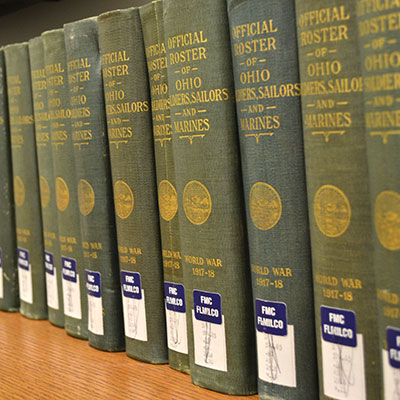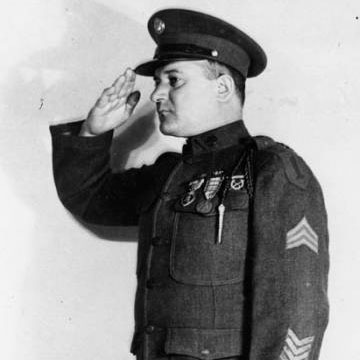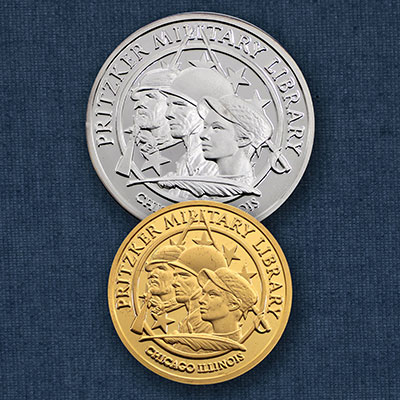
Rally 'round the flag: Chicago and the Civil War
This book is based upon a thorough study of the fragmentary accounts of Chicago in the 1860s that survived the Great Fire of 1871. Theodore Karamanski makes use of diaries, letters, and Chicago's colorful nineteenth century newspapers. The book is a true story of the reactions of scores of Chicagoans to the challenges and opportunities of a national crisis. This book contributes to our understanding of the Civil War and of Chicago history in several important ways. The reality of combat was seldom depicted in the newspapers, and most Chicagoans seemed to have had little idea of how the war looked from the soldiers' perspective. Yet the beliefs of the Chicago community evolved from a romantic and patriotic conception of the war to a recognition of the brutality of war. This evolution is illustrated by the cruel treatment of rebel prisoners of war in Chicago's Camp Douglas. The Civil War had a profound economic effect on Chicago as well. Chicago became a meat packing center, "hog butcher to the world," and also the center for agricultural industries. Chicago was already an important rail center in the North, and the need for locomotive and rail repairs stimulated the development of iron and steel making industries. The Civil War also brought stable banking to Chicago, thereby providing the capital foundation for rapid industrialization. The Civil War greatly affected the social fabric of Chicago. Active participation in homefront activities transformed many ordinary Chicagoans into political, economic, and religious leaders. While some Chicagoans risked their lives to win equality for all men, the city government acted to legally segregate the races.


